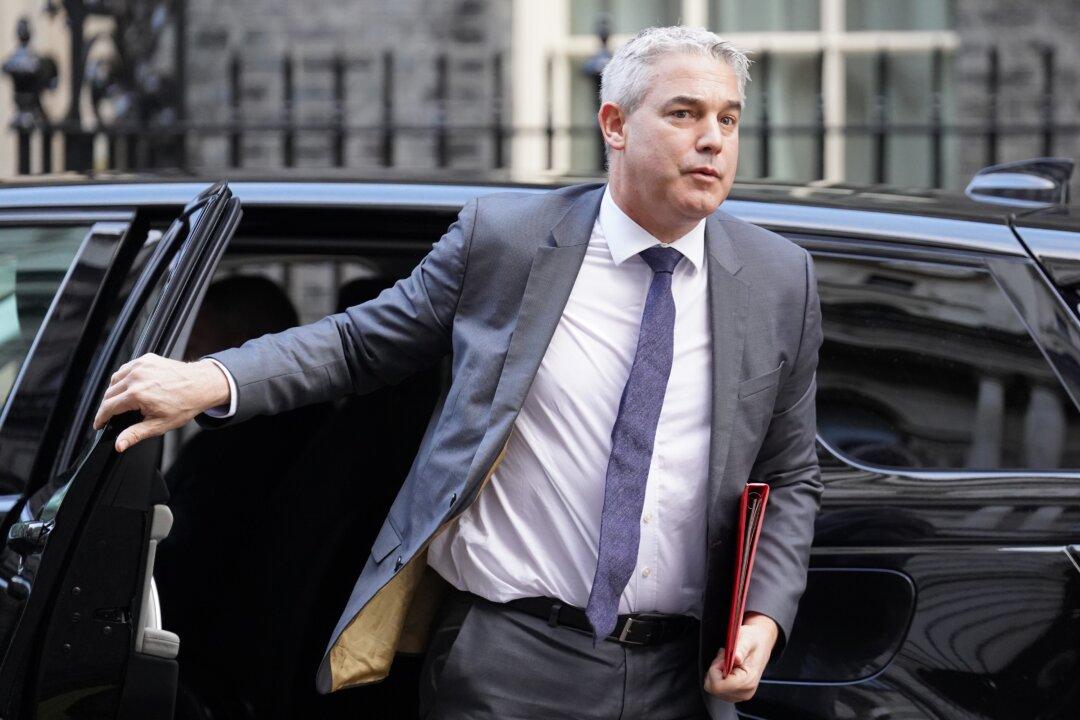The UK Health Secretary Steve Barclay has called on the heads of NHS bodies to review their diversity and inclusion memberships owing to “financial pressures, and wider societal concern about these issues.”
Barclay has written to major national health organisations, including NHS England, the UK Health Security Agency and the Care Quality Commission, asking them to question whether their “diversity and inclusion memberships” provided good value.





